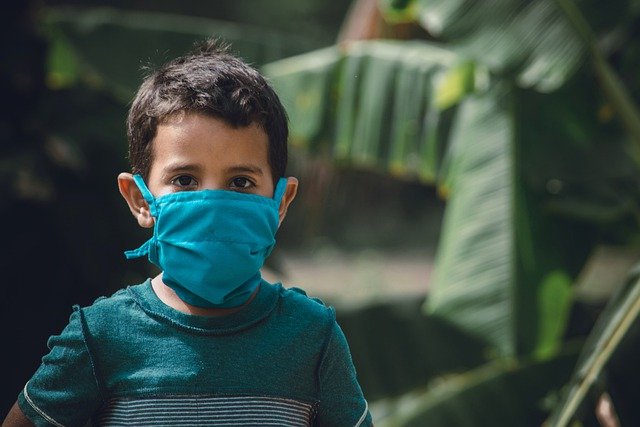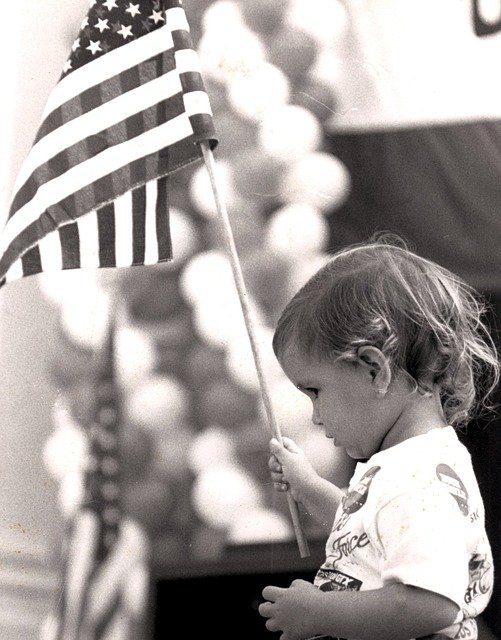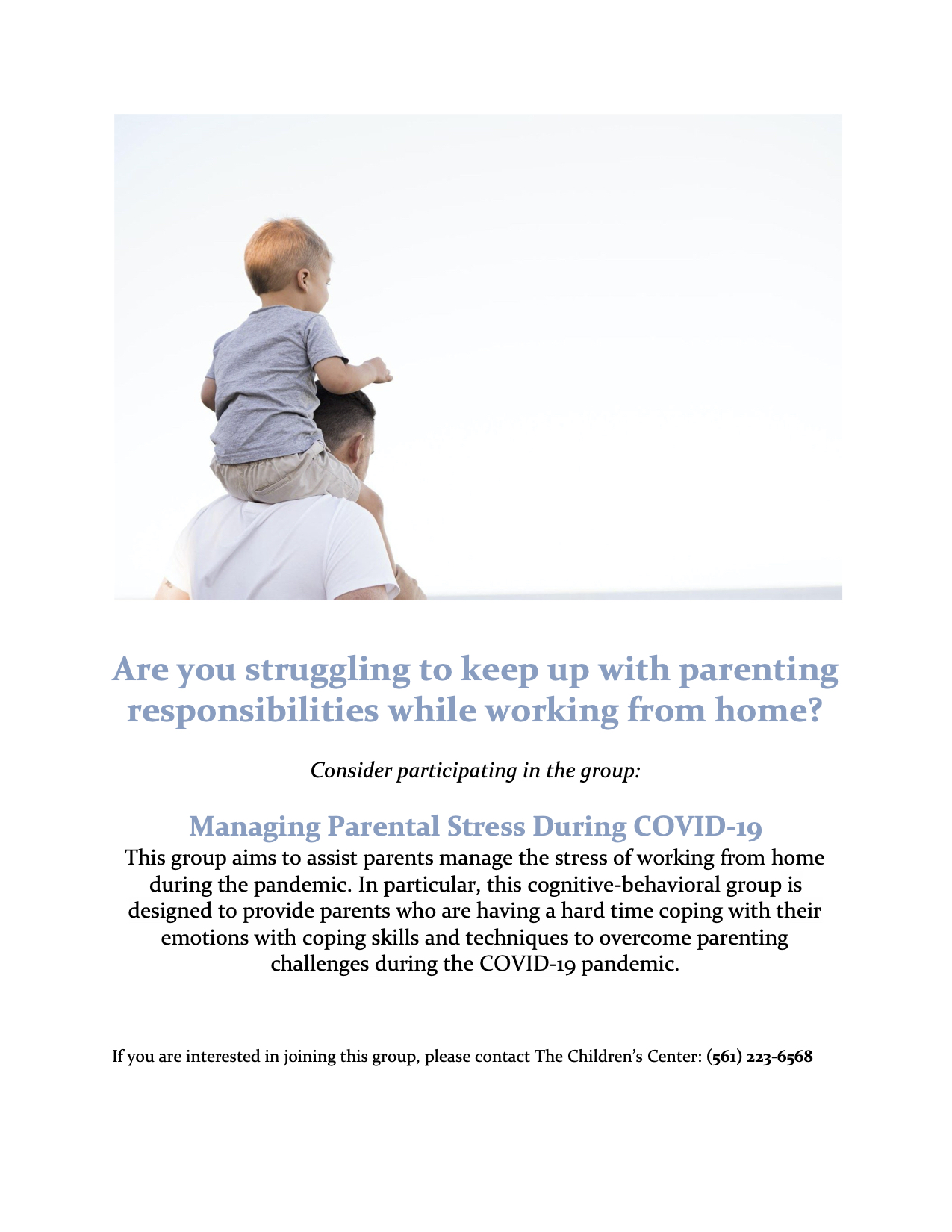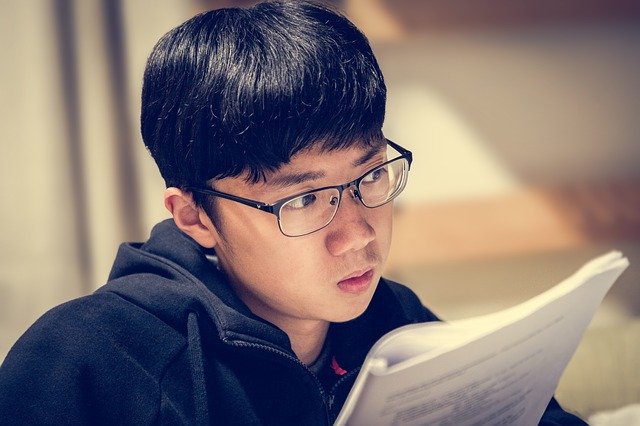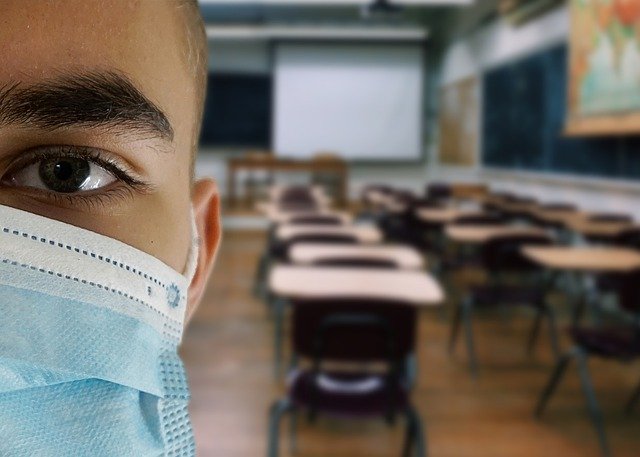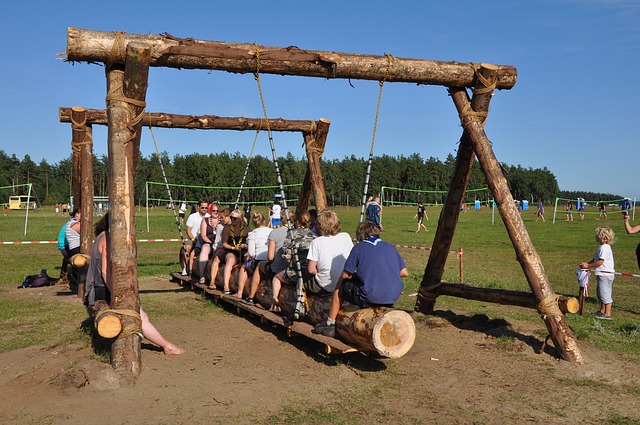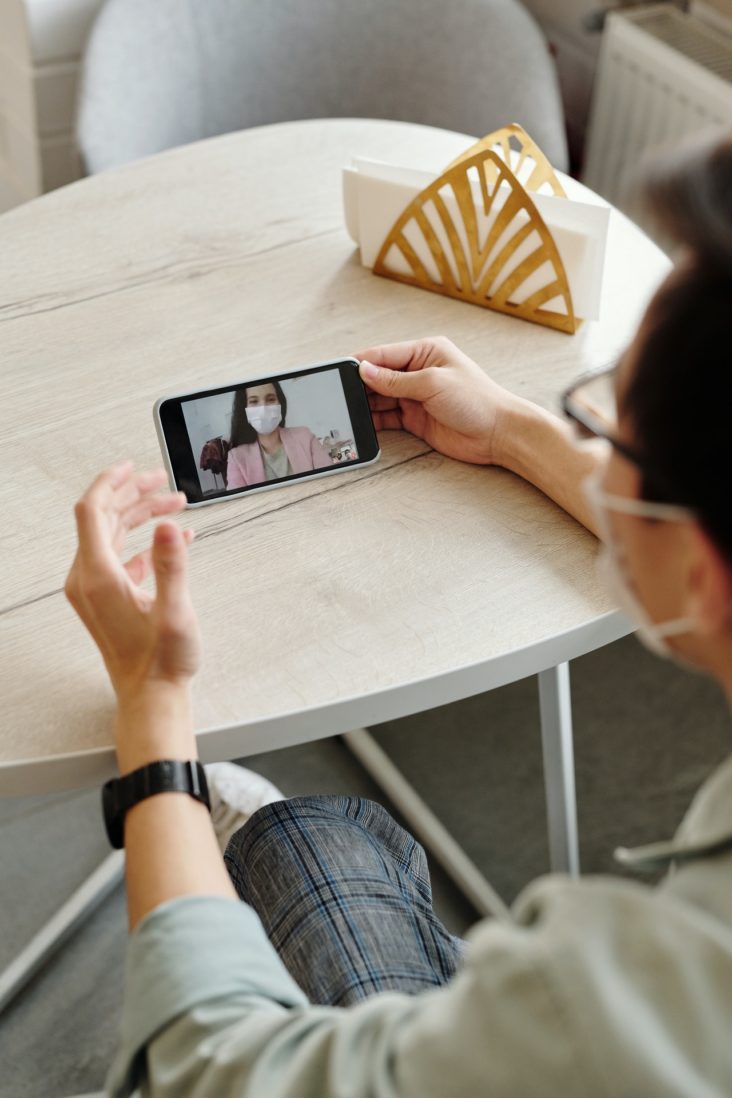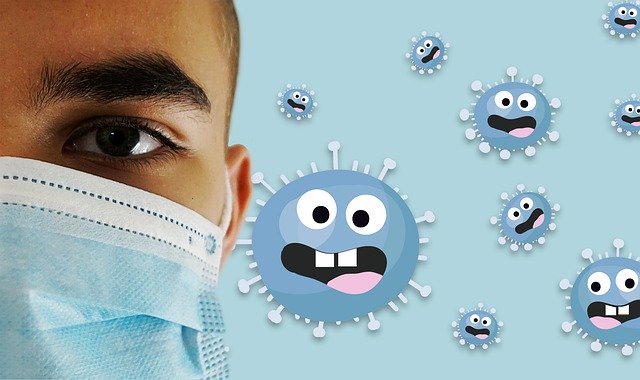Schools have been closed for the last couple of months since the coronavirus pandemic began to spread across the country. Stories about the virus’ effects and death rates abound on the news and on social media. Usually, we wouldn’t expect children to be too affected by broadcasts about a new disease unless someone close to them gets sick. In this case, however, their lives have been upended by school closings, parents working from home (or losing their jobs), the requirement to shelter in place and wear masks, and the inability to gather with friends or go to familiar venues.
Children are also likely tapping into their parent’s own fears and concerns. In turn, they may worry that they, their friends, or their family will catch COVID-19. We can estimate how this affects American kids by reading through the studies that were done on children in China, where the outbreak began.
In an article on Psychology Today, Jamie D. Aten, Ph.D., founder and Executive Director of the Humanitarian Disaster Institute at Wheaton College, reports that, “due to uncertainties surrounding the outbreak and ongoing scientific research, it’s estimated that 220 million Chinese children are at a risk of facing mental health issues due to potential prolonged school closure and home containment.”
If this is true for the children in China, why would it be any different here for kids in the United States?


